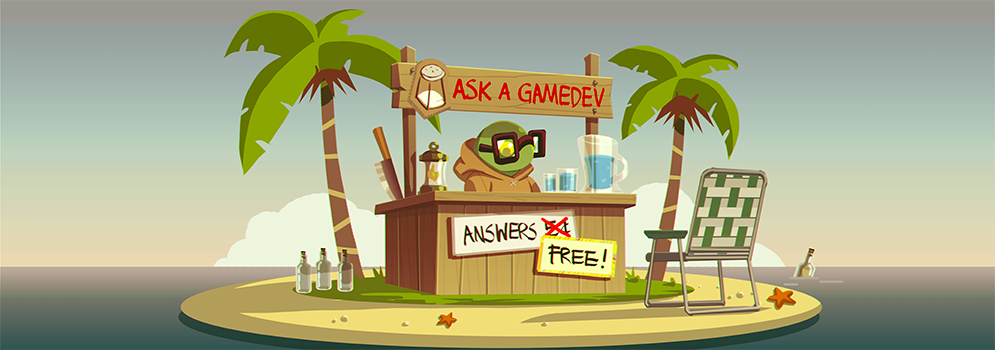Why do you think MOBAs manage to remain so popular when losing a match can be such a long and arduous process?
MOBAs as a genre generally sustain themselves primarily because playing the game at lower skill levels allows players to feel ownership and powerful when they do well, but also provides them excuses from having to admit their own responsibility in their loss. This creates a powerful feedback mechanism where players get to feel significant early validation and offloads having to deal with their own inadequacies until they choose to become serious about the game.
In MOBAs players get to see the results of their own good plays immediately. Whether it's landing a skill shot, hitting with an ultimate, winning a team fight, gathering resources through laning or jungling, pushing a lane, taking down a tower, these are all immediate "wins" for the active player. It's easy to see the causal nature of the forward progress here - the player performs the action and gets to see the positive results of that action almost immediately.
On the other side, players get to blame their teammates when they're losing because their own mistakes are easy to dismiss. It's extremely difficult for a game loss to be attributed to a single mistake; game losses tend to result from accumulations of multiple bad decisions made over the course of the game. Most of the time, the bad decisions are fairly small and easy to miss. These mistakes only become backbreaking as they add up, resulting in gradual overall momentum change for the entire team. They're also often about proving a negative - that the player didn't do something they should have, rather than choosing to do something they shouldn't have.
This becomes a feedback loop for players - they see themselves improving by making better choices early on, but they don't really have to deal with their own mistakes and failings until they get serious about improving. This is why so many MOBA players get stuck in "ELO Hell" - they have hit their personal skill ceilings but haven't realized it yet.
[Join us on Discord] and/or [Support us on Patreon]
Got a burning question you want answered?
- Short questions: Ask a Game Dev on Twitter
- Long questions: Ask a Game Dev on Tumblr
- Frequent Questions: The FAQ

